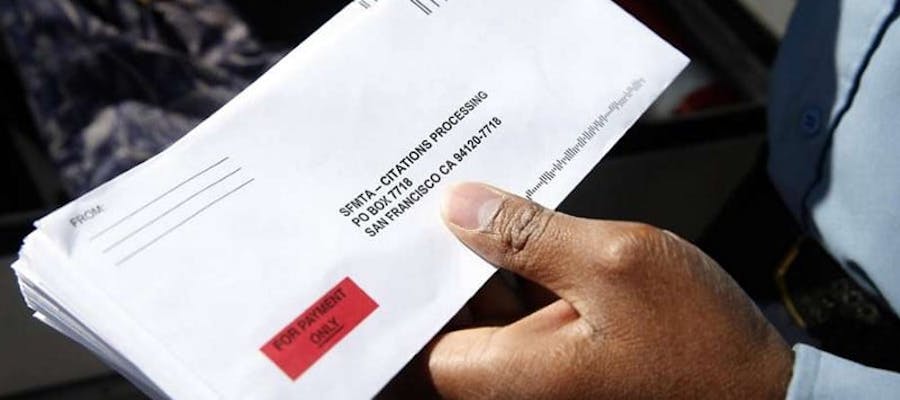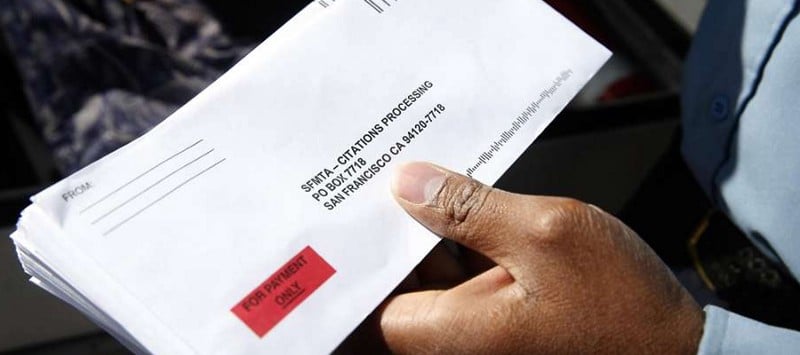
Shrinking ticket fines for those struggling to make ends meet
The problem
For families living in poverty, any unexpected expense can jeopardize housing, health, and employment. Though we have long suspected that low-income drivers are disproportionately impacted by fines, we now have data to prove it.
Thanks in part to a partnership between Tipping Point and the City’s Financial Justice Project, steps are being taken by the City to correct this injustice. Over the course of several months, Tipping Point data scientist Ashley Brown worked with TIBCO Software to analyze 4.5 million San Francisco parking citations to determine which cars were ticketed most often and, therefore, impacted the most by fine debt.
What we discovered
“…the results were quite striking,” writes TIBCO data scientist, Steven Hillion:
“For older vehicles, citations cost 14% more in general, and certain ticket types (e.g. expired registration) cost 32% more; delinquency rates were more than twice as high as the average. These findings confirm what we hear anecdotally, of people who cannot pay tickets, who rapidly accumulate fees that can be fully half of the original fine, and who then lose their cars and the ability to get to work. Quantifying this — which tickets are most burdensome, and by how much — is the first step to making the system fairer.”
What we did
Through the combined efforts of this research, the leadership of the Financial Justice Project, additional analyses by the Lawyers’ Committee for Civil Rights and the advocacy of groups like Project Legal Link, the San Francisco Municipal Transportation Agency’s (Muni) Board of Directors voted unanimously on May 15 to lower towing fees for the 25% of San Franciscans living at or below 200% of the federal poverty line — for a family of 4 that equates to $50,200. As reported last month in the San Francisco Chronicle, starting July 1, these individuals or families won’t have to pay either their first-time tow fee or the associated $269 administrative fee, which could save hundreds of thousands of dollars.
Over the last three months, Muni has also allowed those who demonstrate low-income status to have any outstanding debt waived, paid through a newly reduced low-fee payment plan or in-kind with community service. To help encourage adoption of this plan, Tipping Point worked with the Financial Justice Project on a Facebook ad campaign to reach individuals who would qualify for this financial relief. Within 10 days, the campaign reached 52,000 people and drove more than 1,500 to Muni’s site. During the ad campaign, there was an increase of 125% in the number of people receiving a low-cost payment plan and low-income individuals saved tens of thousands of dollars.
Tipping Point is excited to help reduce unnecessary financial burdens on those already struggling to make ends meet. Stay tuned for more on this front as this policy develops!
To receive updates about our work leveraging strong data for social good, as well as our broader efforts to fight poverty in the Bay Area, sign up for our mailing list.





